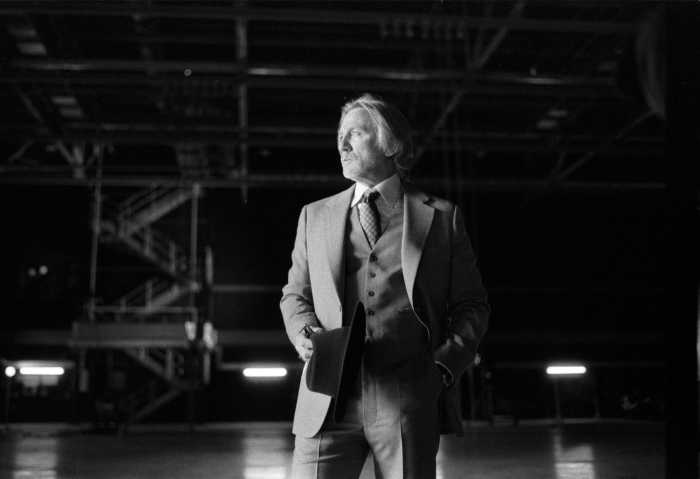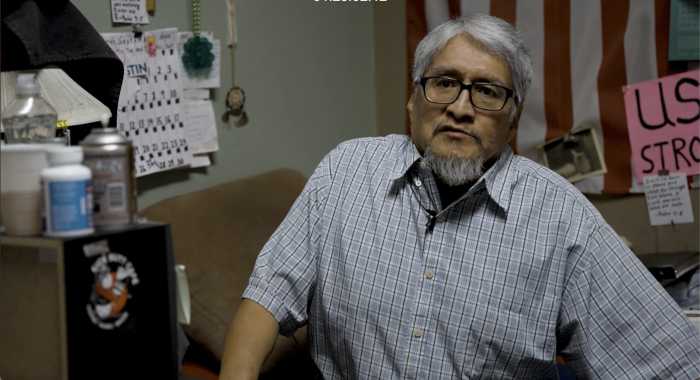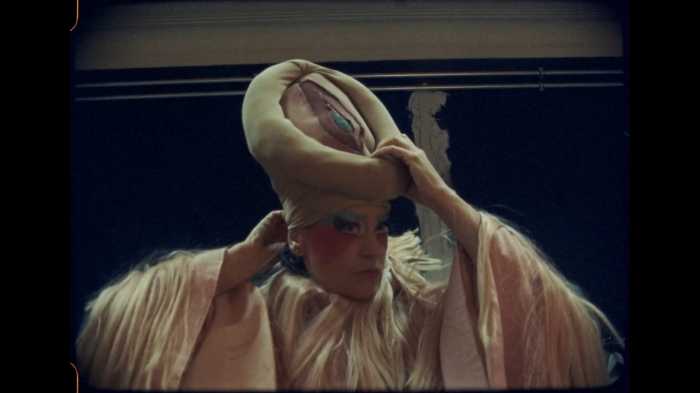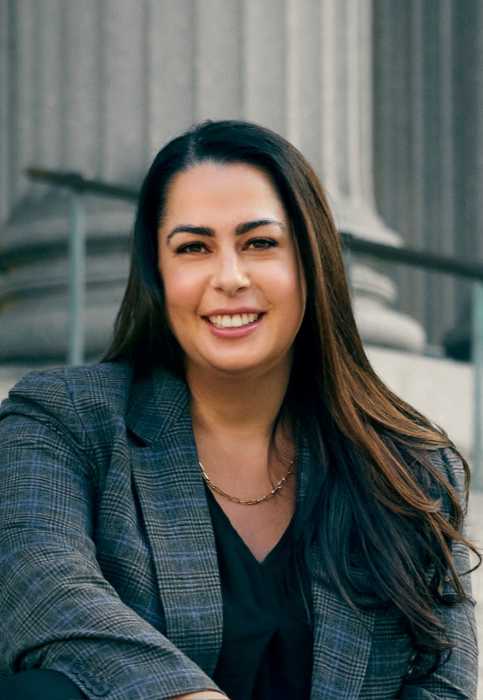BY GARY M. KRAMER | Gay Thai filmmaker Apichatpong Weerasethakul’s Cannes award-winning film “Uncle Boonmee Who Can Recall His Past Lives” concerns a dying man who is comforted by family and friends. As the film unfolds in six chapters, Boonmee (Thanapat Saisaymar) recalls his various incarnations — as animals, including a talking catfish, and as spirits.
The film does not contain any queer content, but it is as infectious and hypnotic as the filmmaker’s 2004 gay romance “Tropical Malady.” And despite the many fantastic elements in “Uncle Boonmee,” the film is quite accessible.
Weerasethakul met with Gay City News to discuss his superb and supernatural films.
With “Uncle Boonmee,” out gay Apichatpong Weerasethakul again asks us to make our movie
GARY M. KRAMER: I’m curious about your past lives. Do you feel believe in reincarnation? Do you have any memories or knowledge of a past life?
APICHATPONG WEERASETHAKUL: I have reached through, but I believe it’s scientific — a natural, not supernatural thing. It’s something that I think in the future we will need an instrument to prove it. I cannot say I believe, but I would say I believe in the possibility of the future to dream about it.
GMK: So, do you believe in karma?
AW: I don’t believe in karma, but it’s in my system. I cannot shake it off. I always keep it simple. In Thailand, the head is very sacred and the feet are least sacred. If someone is sitting over there [points] and if I do this [he points his feet at them] it’s considered very rude. And when I do that, I feel guilty, even though I know it is nonsense.
GMK: You are a gay man, but you don’t make gay films. “Tropical Malady” is perhaps the sole exception. Is this deliberate?
AW: I feel homosexuality is natural. I don’t feel I need to underline it. You don’t need to act up or make homosexuality special. I am just talking about humans in “Tropical Malady.” When there is a scene where a guy is seduced by another guy, I just treat it naturally. That is my approach in life as well.
GMK: Your films are known for their shift in their tone. “Uncle Boonmee” has six distinct chapters. Why do you play with narrative — dividing your films in half, like “Tropical Malady,” or juxtaposing two lives, as in “Syndromes and a Century?” In “Blissfully Yours,” you interrupt the film 45 minutes in with a credit sequence?
AW: I am very sensitive about this kind of disruption in movies. How do you make the audiences feel comfortable? I don’t like when the movie makes you feel the filmmaker is above you. I want my movie to be like I’m beside you, and I’m holding your hand, and we go to the jungle or this strange world together. This certain kind of gentleness is what I am looking for.
And when you do this, it’s very tricky. It can be viewed as pretentious, or just put there for the sake of experimentation or shock, but for me, that’s not my intention. My intention is to integrate how the film can convey my feelings the best. And I think that’s the limitation of mainstream cinema.
Cinema is only 100 years old, and there is more room to grow, but now, special effects are very advanced — more advanced than storytelling. The script-writing part is still attached to the three-part structure, to literature. Film has its own representation that we need to explore.
GMK: What about the symbolism in “Uncle Boonmee,” which is left up to the viewer for interpretation?
AW: There are many references and meanings, so I feel it’s awkward for me to explain. Sometimes it’s very deep rooted in Thai [lore]. I really prefer the idea of open cinema, for people to interpret themselves. It’s really about the experience. It’s not about my experience. I have my movie. I offer the movie so you can have your own movie too. I feel hesitant about it. Of course, there is a symbolism at play in contrast to the realistic representation.
GMK: Why do you juxtapose magical realism with the realities of nature and man?
AW: Because sometimes it’s a fact in Thailand, even though some things are in the past and gone — the same thing as when I say, “My time is not your time.” My movie is not your movie. My reality is different from your reality. There is a sense of coexistence between the visible and ghosts around us. Reality is different, so how I present the film is different.
GMK: What was your reaction to winning the Palme d’Or in Cannes?
AW: When I won the prize in Cannes, it was unexpected, and in Thailand, it’s big news. They not only asked me about my film, but my political point of view. And that has a great effect for me. I have to travel for a year with this film — without working — so it’s been quite an adjustment.
GMK: So how did making “Uncle Boonmee” help you grow?
AW: I think I make small, personal films, so I’m always making the same film. What changed me is that I got more interested in the northeast region of Thailand. I’d like to set my next film there because there are so many things to explore. I hope to go in a new direction. When you work on a certain formula, like what I did before with bifurcation, it is like a trap, so I feel I shouldn’t put myself in this. I should explore.
GMK: Given that you make small, intimate art films, what do you like to watch?
AW: Hollywood disaster and catastrophe films. I like special effects — they are marvelous. I liked “Inception” and “2012.” These kinds of films have to be seen on a big screen, so you can appreciate how many people put so much labor into ten seconds of the film. They dictate how we make movies, and how they become really magical.
Steve Erickson’s review of “Uncle Boonmee Who Can Recall His Past Lives” will appear at GayCityNews.com on March 1.
Complete Information:
UNCLE BOONMEE WHO CAN RECALL HIS PAST LIVES
Directed by Apichatpong Weerasethakul
Strand Releasing
In Thai with English subtitles
Opens Mar. 2
Film Forum, 209 W. Houston St.



































